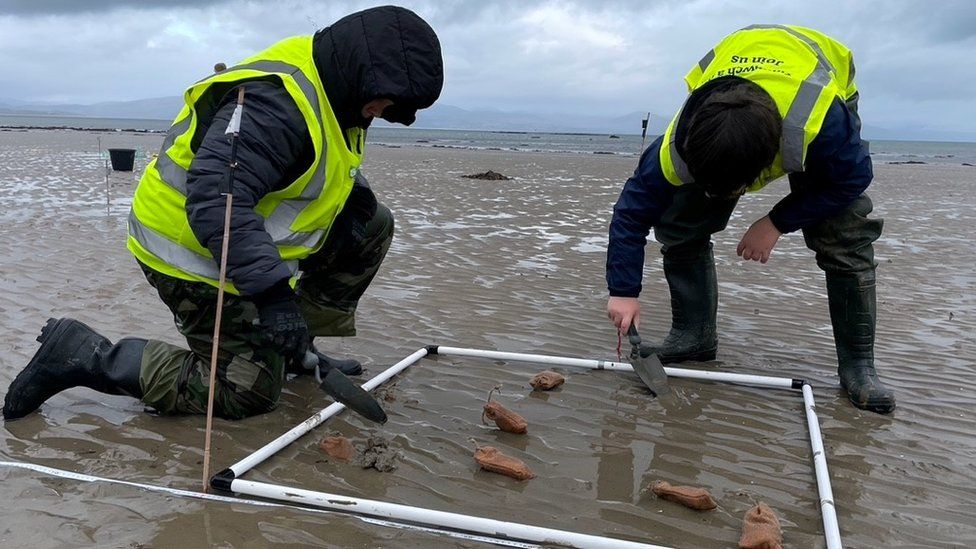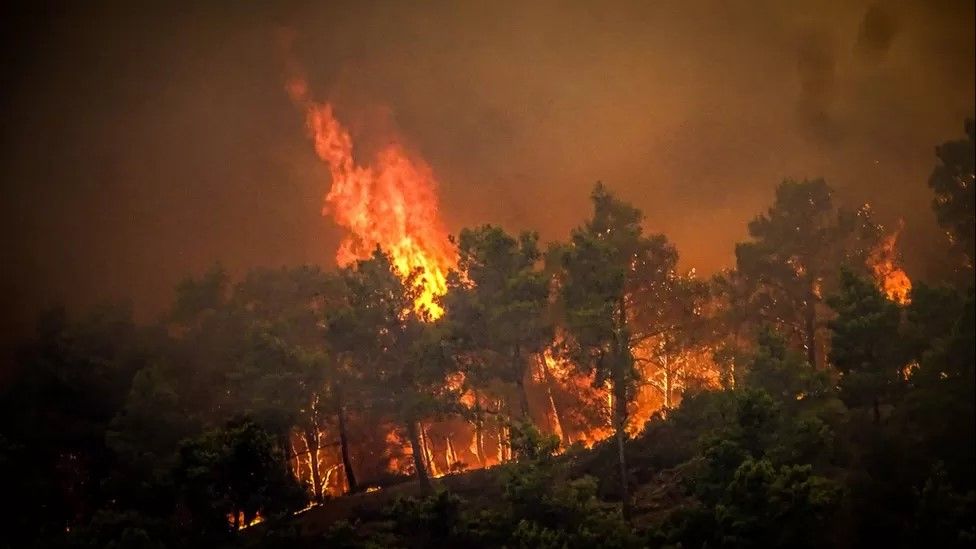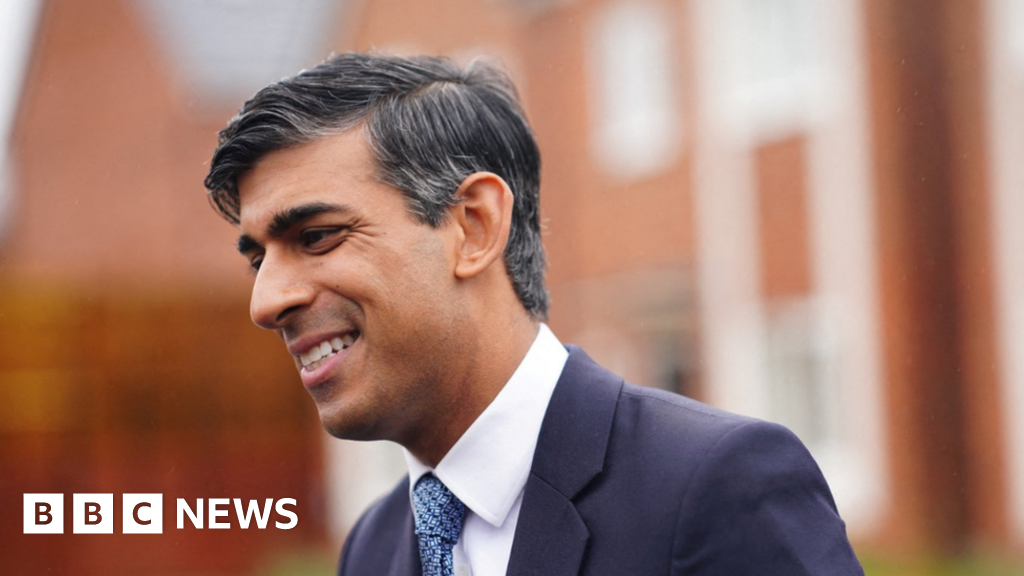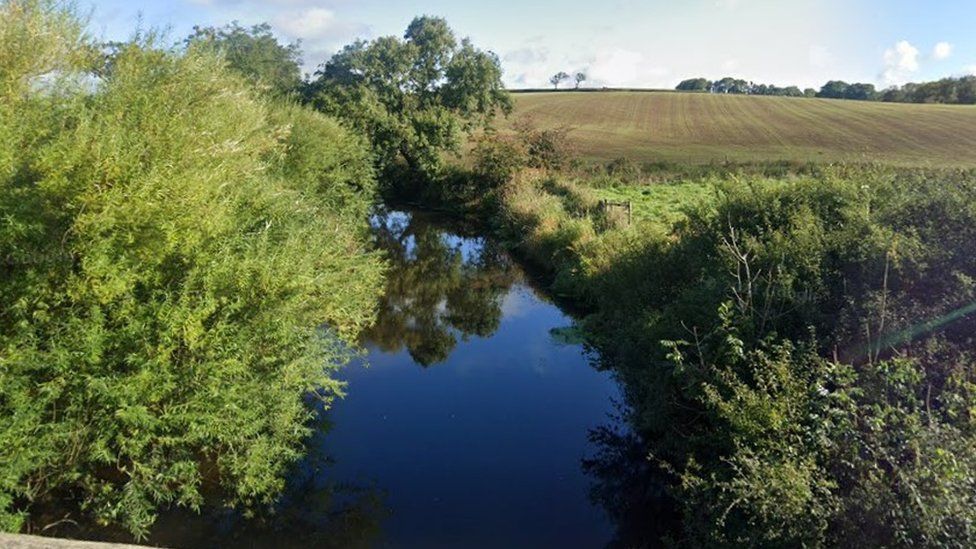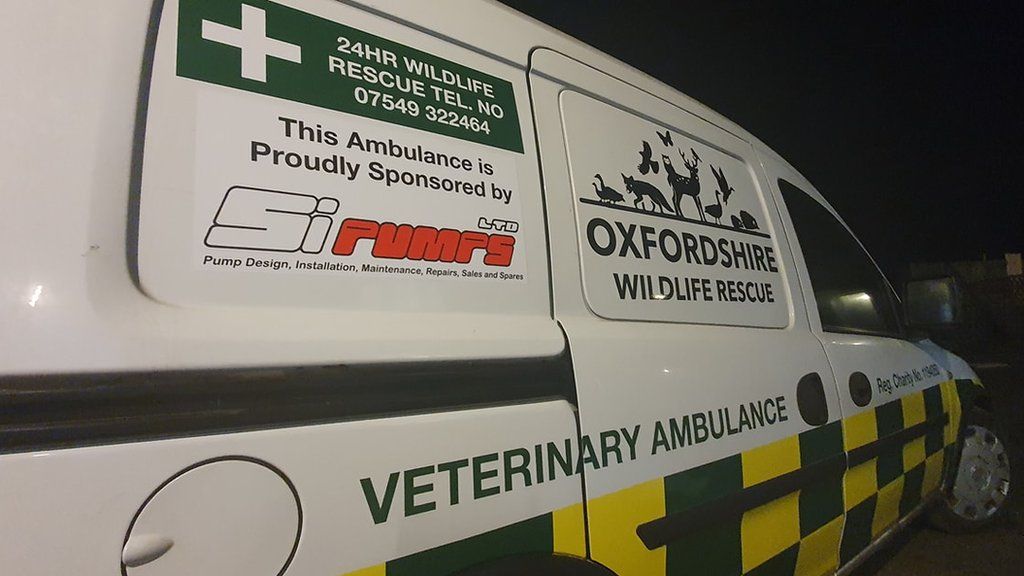To create climate change-fighting underwater meadows, five million seagrass seeds will be sown off the coast of Wales.
At Penychain off the Lln Peninsula in Gwynedd on Wednesday, 50,000 were laid.
By 2026, Seagrass Ocean Rescue hopes to have 10 hectares (25 acres) of seagrass meadow.
According to Rory Francis of WWF Cymru, Wales has lost 92 percent of its seagrass over the past 100 years, but it is still possible to "recreate, restore, and replant" it.
In addition to absorbing carbon, it could also help restore really important and valuable marine habitats, according to Mr. Francis.
He claimed that a hectare of land could support 80,000 fish.
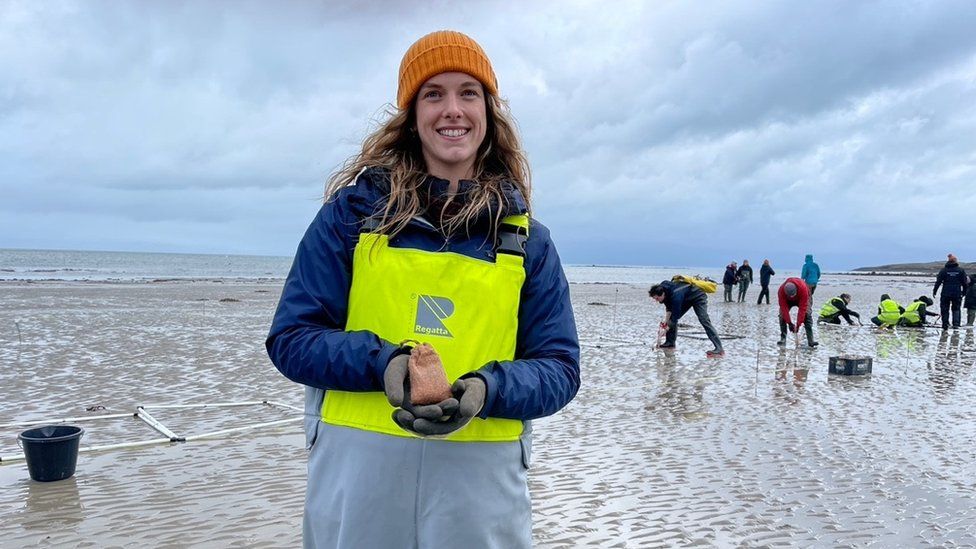
Seeds can be injected directly into the seabed or mixed with mud and then planted using hessian bags, according to Bethan Thomas of Project Seagrass.
"Today, we'll be planting more than 50,000 seeds, and our goal for the project is to plant more than five million," she said.
"Our time windows are very constrained. We must wait until the tide is out. We can arrange our equipment once the tide has gone out, and then we can set up our plot. ".
In Pembrokeshire, a trial using the bag planting technique was conducted to show that it could be done.
This spring and the following year, restoration work will continue at a few locations along the Pen Lln coast.
A marine license and a £1 million National Lottery Heritage Fund grant were given to the project in December, allowing it to start restoration trials.
The research, according to Dr. Richard Unsworth of Swansea University, is "an important piece of the jigsaw of solutions" required to fix the climate.
He continued, "There is no one element that is better than the others, but it is an important component of what they refer to as nature-based solutions to climate change.
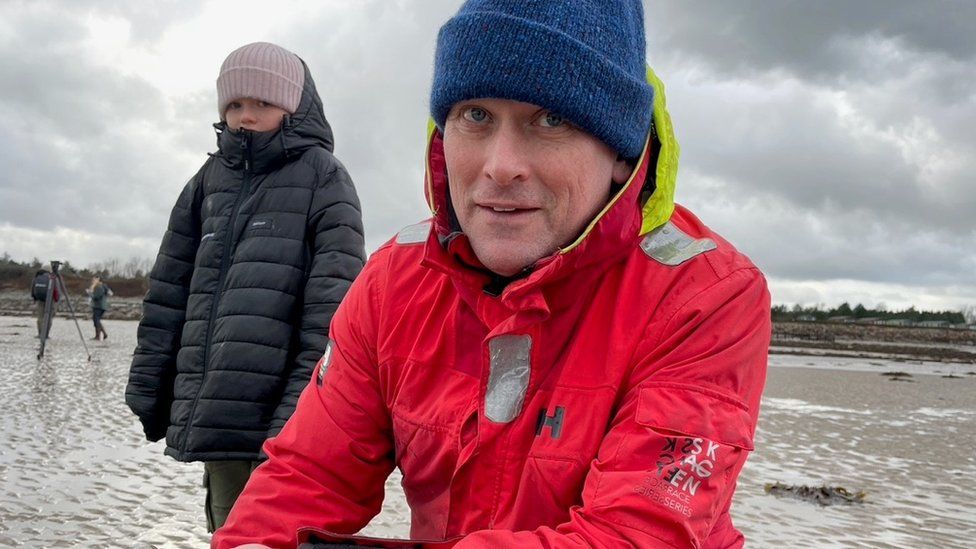
He claimed that industry had gradually wiped out Wales' seagrass meadows over time.
"We have constructed cities and ports and undertaken significant mining projects. Our fundamental alteration of the coastal environment has resulted in the extinction of sea life. " .
Together with Swansea University, the North Wales Wildlife Trust, Project Seagrass, and Pen Lln a'r Sarnau Special Area of Conservation, WWF is managing the project.

